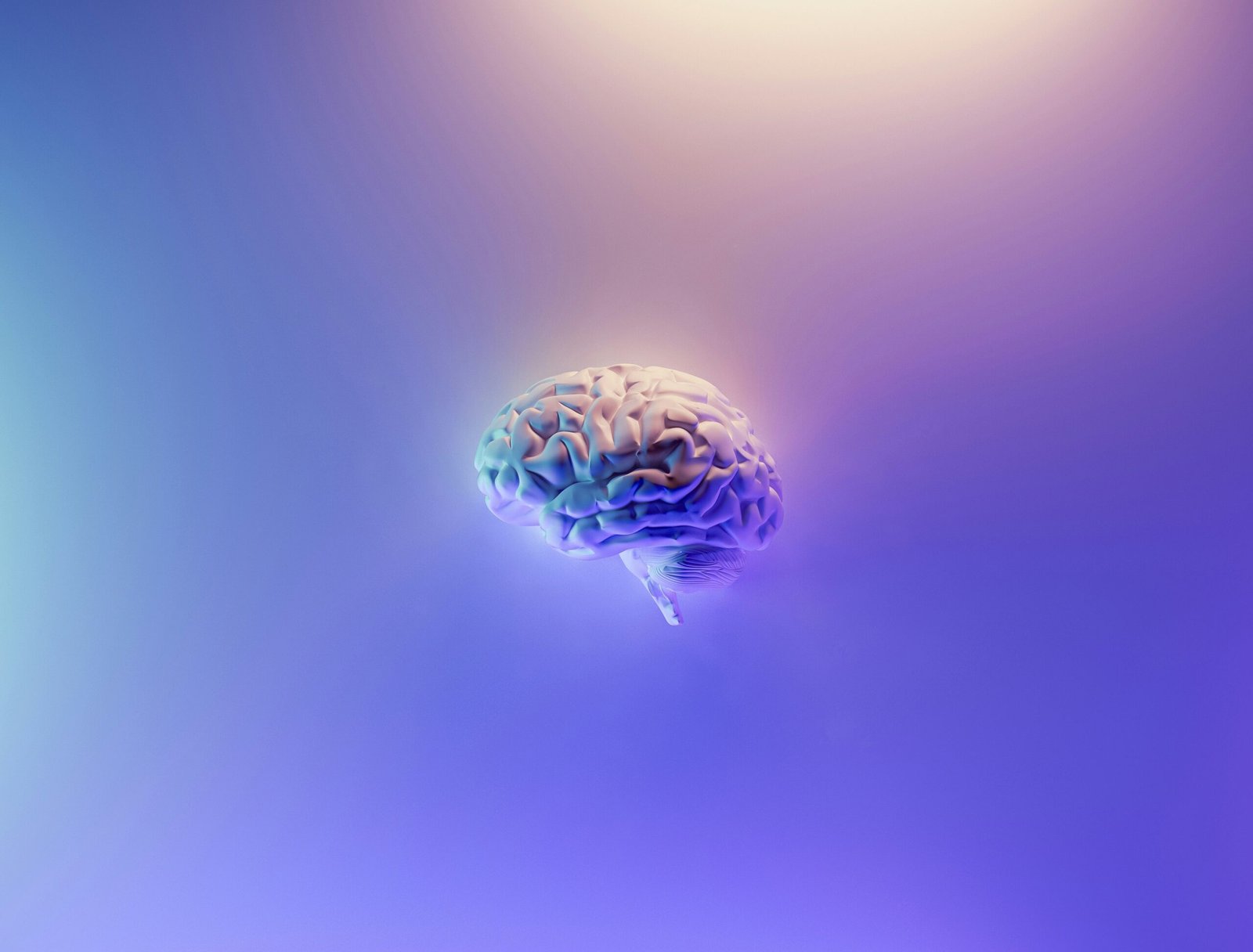Unlocking the Full Potential of Your Brain: Understanding, Training, and Nourishing Your Mind
June 2, 2024 | by luxurymindsets.com

Understanding the Complexity and Capability of the Human Brain
The human brain is a marvel of biological engineering, characterized by its intricate structure and immense capacity. At the forefront of our understanding is the brain’s anatomy, which is divided into several key regions. The cerebrum, the largest part, is responsible for higher cognitive functions such as reasoning, problem-solving, and planning. It is divided into two hemispheres, each controlling the opposite side of the body, and four lobes – frontal, parietal, temporal, and occipital – each with distinct functions.
Complementing the cerebrum is the cerebellum, located at the back of the brain. Despite its smaller size, the cerebellum plays a crucial role in motor control, coordination, and precision. It ensures that our movements are smooth and balanced. Additionally, the brainstem, which connects the brain to the spinal cord, manages vital involuntary functions such as breathing, heart rate, and sleep cycles.
Beyond its physical structure, the brain’s capabilities are nothing short of extraordinary. It orchestrates an array of cognitive functions including memory, emotions, and decision-making. Memory, for instance, involves multiple processes and regions, from the hippocampus to the temporal lobes, ensuring that we can recall past experiences and learn new information. Emotions, moderated by the limbic system, influence our motivation and behavior, while the prefrontal cortex is essential for complex decision-making and social interactions.
Central to the brain’s functionality is the concept of neuroplasticity. This remarkable ability allows the brain to reorganize itself by forming new neural connections throughout life. Neuroplasticity underpins our capacity to learn new skills, adapt to new environments, and recover from injuries. It is a testament to the brain’s resilience and adaptability, highlighting the importance of continuous mental engagement and stimulation.
Understanding the complexity and capability of the human brain is crucial for appreciating how we can enhance and maintain brain health. By delving into its anatomy and functions, we can better comprehend the importance of cognitive exercises, emotional well-being, and lifelong learning in unlocking the full potential of our minds.
Training and Nourishing Your Brain for Optimal Performance
Enhancing cognitive functions through brain training can significantly improve mental performance and resilience. Engaging in brain exercises like puzzles, memory games, and learning new skills stimulates neural pathways and promotes brain plasticity. Activities such as Sudoku, crosswords, and chess are particularly effective in sharpening problem-solving skills and enhancing memory. Additionally, learning a new language or musical instrument can further boost cognitive flexibility and creative thinking.
Maintaining a balanced lifestyle is equally crucial for brain health. Adequate sleep, regular physical exercise, and effective stress management are foundational pillars of a healthy brain. Sleep is essential for memory consolidation and cognitive function, with seven to nine hours per night being the recommended amount for adults. Regular physical exercise, particularly aerobic activities like running, swimming, or cycling, increases blood flow to the brain and supports the growth of new neurons. Furthermore, incorporating mindfulness practices such as meditation and yoga can help reduce stress, enhance emotional regulation, and improve overall mental well-being.
Nutrition plays a vital role in brain health, with certain foods known to boost cognitive functions. Omega-3 fatty acids, found in fish like salmon and mackerel, are critical for maintaining cell membrane structure in the brain. Antioxidants, present in berries, nuts, and dark chocolate, protect brain cells from oxidative stress. Vitamins, particularly those in fruits and vegetables, support various brain functions, including memory and concentration. Foods rich in vitamin E, such as almonds and spinach, and those high in vitamin B6, like bananas and chickpeas, are particularly beneficial.
Creating a brain-healthy diet involves incorporating these nutrient-dense foods into daily meals. Including a variety of fruits, vegetables, whole grains, nuts, and fish ensures a well-rounded intake of essential nutrients. Additionally, staying hydrated and moderating the consumption of processed foods and sugars can further support cognitive health. Some individuals may also benefit from dietary supplements, such as omega-3 capsules or multivitamins, though it is advisable to consult a healthcare provider before starting any supplement regimen.
By implementing these practical strategies for brain training and nourishment, individuals can enhance their mental performance, improve cognitive longevity, and maintain overall brain health.
